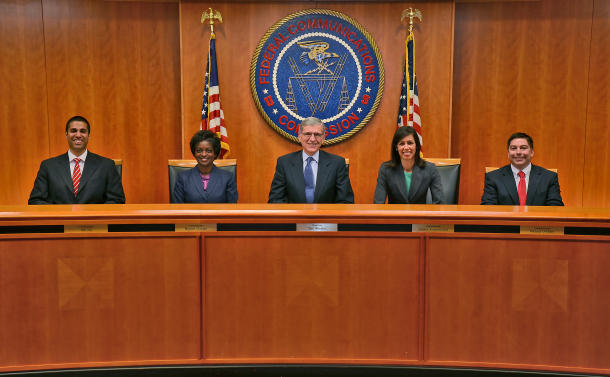I had high hopes for this article because the author successfully saw the link between the two concepts. Maybe he read my tweets. There is a definite correlation between municipal broadband and net neutrality, but I have only read one or two articles that actually get it right.
Municipal broadband evolved from the concept that the cost of building these networks is prohibitive so it is a function that the government could provide. That concept is fine when no service provider is serving an area but most of the municipal broadband deployments have one or two franchised providers. This situation results in the government competing with private enterprise. Granted that a duopoly does not create a competitive market, but the government has several advantages over private enterprise that makes it an unfair competitor. Also, any subsidization of broadband networks by taxpayers creates an unfair advantage.
The reason that there are not more competitors for broadband network is that they are extremely expensive to build. Investors do not like waiting almost 10 years to see if their investment is going to yield a profit which is what would happen with 3 or more competitors. People seem to overlook that fact when accusing the incumbents of snuffing out the competition. Economics have snuffed out the competition.









